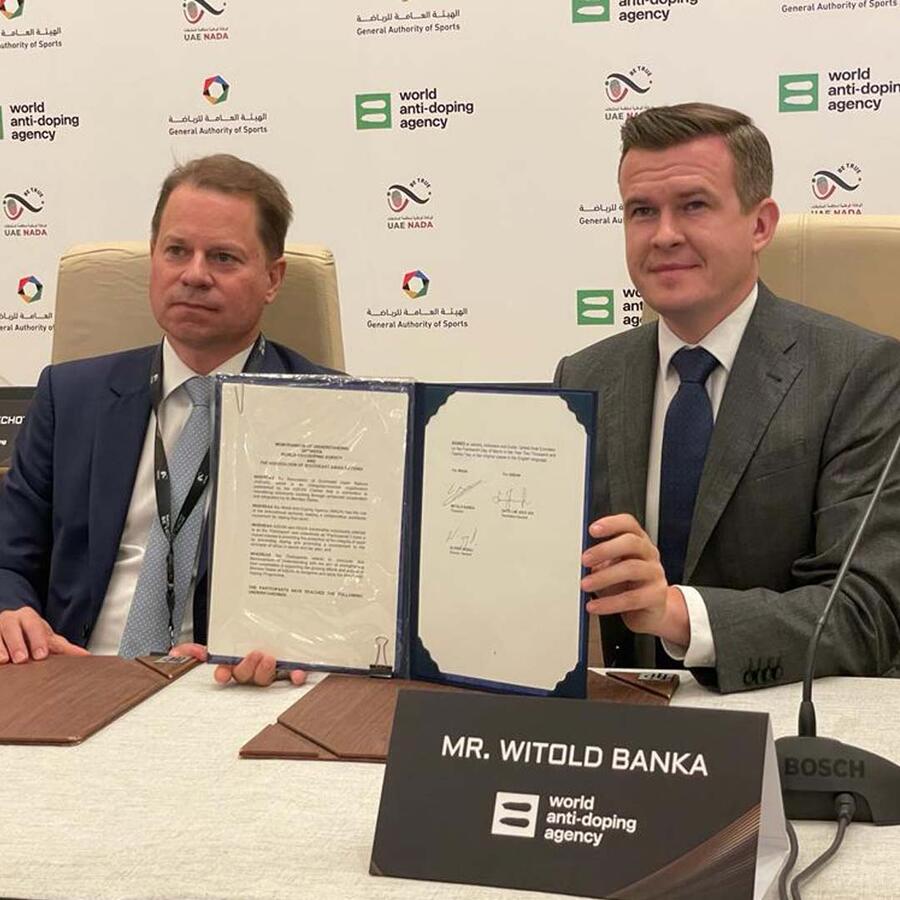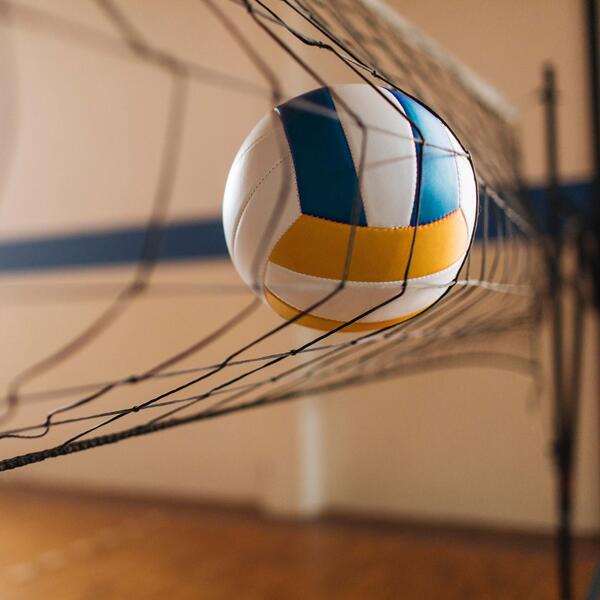Releases
WADA signs agreement with the Association of South-East Asian Nations to boost anti-doping program development

Today, the World Anti-Doping Agency (WADA) signed a memorandum of understanding (MOU) with the Association of South-East Asian Nations (ASEAN) to collaborate on a range of anti-doping program development activities. The signing took place during the 17th Asia/Oceania Region Intergovernmental Meeting on Anti-Doping in Sport, hosted in Dubai by the United Arab Emirates National Anti-Doping Organization.
Formed in 1967, ASEAN is an intergovernmental organization established by the ASEAN Charter that is committed to intensifying community building through enhanced cooperation and integration by its 10 member states.
The MOU, which was signed by WADA President Witold Bańka and ASEAN Secretary-General Dato Lim, will run for an initial term of three years with the objective of creating a partnership that will help both organizations to help prevent doping in the region.
WADA President, Witold Bańka, said: “The global anti-doping system relies on collaboration between various stakeholders, and this MOU between WADA and the Association of South-East Asian Nations will boost the anti-doping work being carried out by Governments and National Anti-Doping Organizations in that region. WADA exists to serve the athletes of the world. We are here to provide them with the opportunity to compete to the best of their natural ability on a level playing field. The cooperation formalized by this MOU is another example of the practical steps we are taking to do just that. I thank ASEAN and its members for their commitment to clean sport.”
Secretary-General of ASEAN Dato Lim said in his remarks, “I am confident that the engagement of member states and relevant stakeholders in anti-doping prevention will enable ASEAN to better harness the potential of its human resources needed for the prevention of doping in ASEAN, in order to provide a fair and equitable playing environment for all athletes.”
Through the MOU, ASEAN will support the implementation of the World Anti-Doping Code (Code), which harmonizes anti-doping programs in all sports and all countries of the world. It will also ensure that its member states do everything possible to further increase anti-doping capacity in the region.
ASEAN members also undertake to implement effective anti-doping education and athlete outreach programs, ensure that the necessary legislation and regulation are in place to uphold the terms of the Code, and cooperate with WADA and International Federations on all matters related to the protection of clean sport.
For its part, WADA will collaborate with and support ASEAN in common projects for its members. This includes sharing information, education and training resources, ensuring that ASEAN is invited to WADA events, and that it is being kept up to date on all pertinent matters related to anti-doping.
In addition to the signing of the MOU, the Asia/Oceania Region Intergovernmental Meeting being held on 14-15 March in Dubai is a chance for representatives of Governments from all over Asia and Oceania to gather again and discuss important anti-doping issues that will help in the protection of clean sport. In all, 36 countries1 are attending the meeting, either virtually or in person and among the speakers are WADA President Witold Bańka and Vice-President Yang Yang. Mr. Bańka highlighted three important aspects of anti-doping, namely the need for each country of the world to have a robust and relevant program, the importance of appropriate funding being assigned to anti-doping on a global level, and the requirement for meaningful dialogue and engagement with athletes.
In her speech, Ms. Yang took the opportunity to focus on the ongoing work to strengthen the quality of education in anti-doping, particularly through WADA’s Anti-Doping Education and Learning platform, known as ADEL. In addition, WADA Director General, Olivier Niggli, is attending the meeting and delivered a presentation focusing on the main elements of the Agency’s work in line with its Strategic Plan 2020-2024.
1 Bahrain, Bangladesh, Bhutan*, Brunei Darussalam, Cambodia, China*, India, Indonesia*, Iraq, Japan*, Jordan, Kazakhstan, Republic of Korea*, Kyrgyzstan, Lao People’s Democratic Republic*, Lebanon*, Malaysia, Maldives*, Federates States of Micronesia*, Mongolia, Myanmar*, Nauru, Nepal, New Zealand*, Oman, Palestine, Philippines*, Qatar, Saudi Arabia, Singapore, Sri Lanka, Syria, Thailand, Timor Leste*, United Arab Emirates and Vietnam*. (*= participation virtually)

